Which KBS putter shaft best suits your game?
Last updated:
The super stable graphite KBS GPS putter shaft boosts the MOI of putters by upping stability over steel alternatives. But which of the brands four putter shaft options best suits you?
We’ve done a lot of testing over the last 18 months on driver and iron shafts and the theme trending through most is upping MOI through increased shaft stability. Shaft engineers have have now learned creating super stable tip sections makes it possible to better control how clubfaces deflect at impact. A feature which effectively narrows dispersion on off centre strikes, and the theory works just as well for putters as it does irons and drivers.
Multi-material stability putter shafts have been used in some of the best putters on the market for a while now, 2023 is the year KBS joins the party. Here’s a look at the new graphite KBS GPS putter shaft and the brands three steel putter shaft models, to highlight which best suits your game.
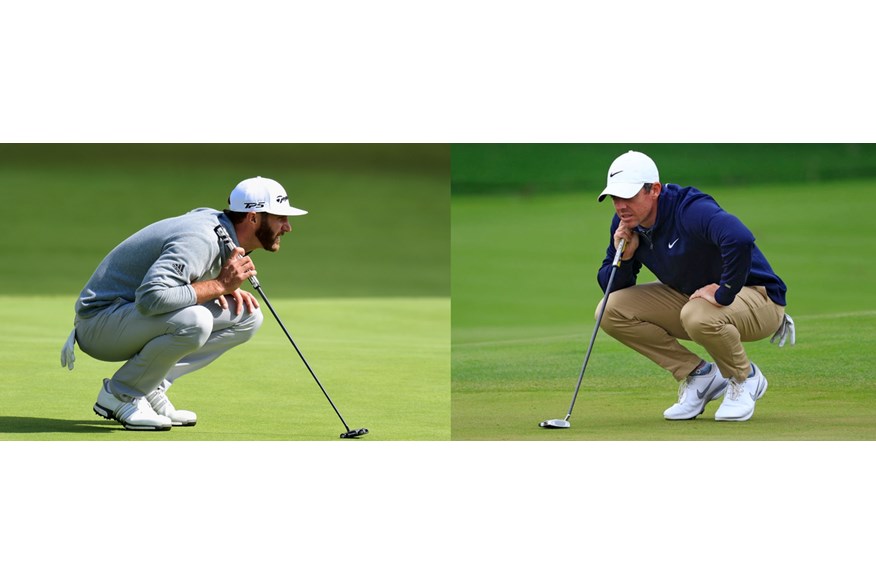
The GPS (Graphite Putter Shaft)
RRP: £140 / $150
Finishes: Eight colors
Weight: 120g (for straight hosel putters only)
KBS are most well-known for creating brilliant steel iron shafts. Over recent years though the brand has ventured deeper and deeper into the graphite shaft market. The brand already creates some brilliant graphite wood and iron shafts. So the next logical step had to be a graphite putter shaft that offered golfers tangible gains in feel and stability.
By discovering that when carbon fiber shafts are wrapped correctly, with the correct premium materials in the right areas of the shaft, engineers have realized graphite shafts can better resist twist than steel. With this style of construction, the new GPS (Graphite Putter Shaft) improves the consistency of off-center hits. It’s an idea capable of shaving shots from your scorecard and dramatically cutting your three-putt percentage.
The GPS is already cutting through on tour too. It was in the bag of DP World Tour winner Tom McKibbin in June 2023, pretty much immediately after it launched. If your perception of graphite shafts is loose, flexible, and unstable there couldn’t be a better time to consign that sort of thinking to the past.
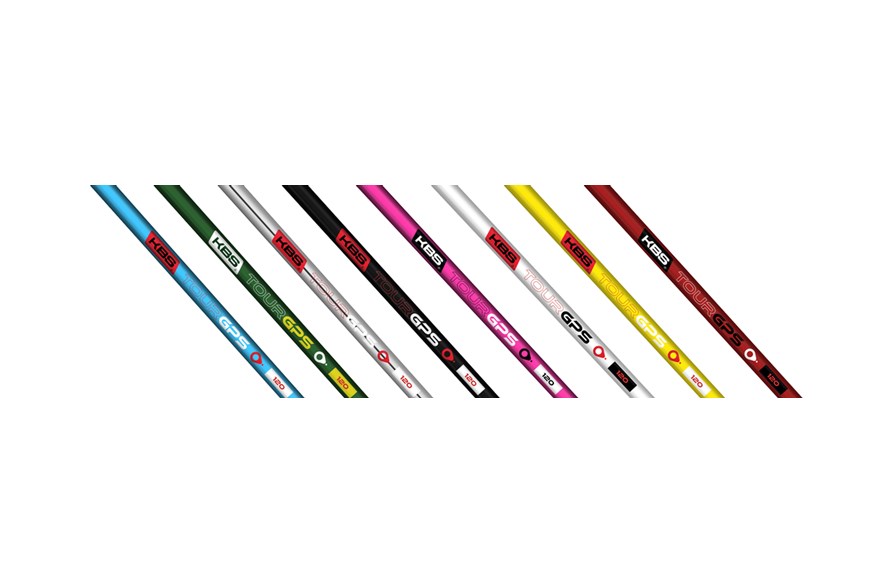
Expect the GPS to be stiff without adding weight. To get the same level of anti-twist performance from a steel shaft it would have to be considerably heavier. We really like how KBS liken the difference between their steel putter shafts and the GPS to their TGI and PGI graphite irons shafts. Where the TGI (Tour Graphite Iron shaft) is firm with a stout fast feel off the face, and the PGI (Players Graphite Iron shaft) has much more of a melting feel through impact, just like the GPS putter shaft. The feel is so good a bunch of pros have already commented on the model being the best-felling putter shaft they’ve ever tried.
In our book, if you’re looking for the ultimate putter fitting, a stability shaft has to be just as much part of your thinking as the right head, grip, and weight set-up. And if we’re talking stability shafts they don’t come much better than the KBS GPS.
The One-Step
RRP: $79.95 – $89.95 (depending on finish)
Finishes: Chrome, Black Matte, Black Gloss
Weight: 130g (for straight hosel putters only)
The KBS One-Step launched when the whole conversation around stability putter shafts first came to the table. The model has straight side walls and one big step (hence the name) towards the tip section. This steel model is designed to improve stability and is especially good at keeping you on the straight and narrow when head weights increase.
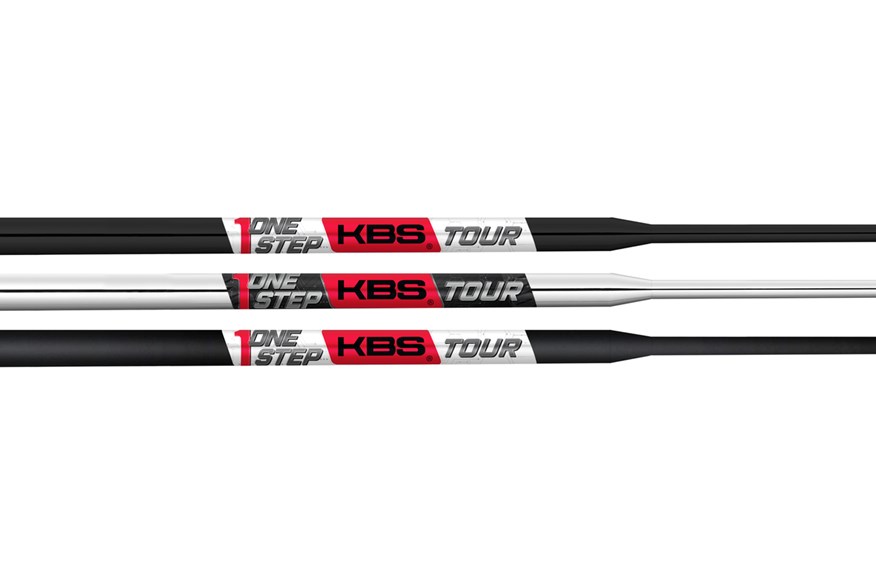
The model outperforms the brand’s other steel putter shafts in terms of stability, but you will need to accept it’s unconventional and pronounced single-step look. A feature that some players will find distracting. Former world #1 Lydia Ko used this shaft for some time, so it comes with good pedigree and form.
We like how the model’s long parallel tip section allows club makers to dial in a firmer or softer feel. And how the model is designed to reduce vibration whilst transmitting a pure amplified feel to the hands.
The CT-Tour
RRP: $34.95 – $54.95 (depending on finish)
Finishes: Chrome, Black Matte, Black Gloss
Weight: 124g
The KBS C-Taper iron shaft is well known for feeling incredibly stout and hardwork. The CT-Tour putter shaft aims to replicate that firm, anti-loose feel within the putting arena. The CT-Tour is stepless, with a constant taper design and it has appeared as a stock shaft within the TaylorMade Spider putter family.
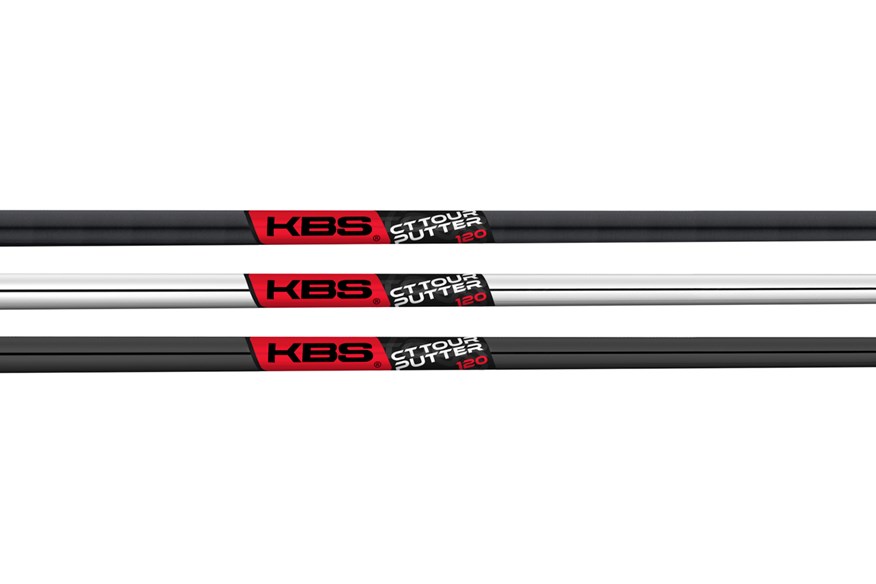
Like the One-Step, the model is great at coping with heavier head weights but, unlike the One-Step, there’s no unconventional One-Step design halfway down the shaft. Both Rory McIlroy and Dustin Johnson have posted some of their best putting numbers ever using this popular shaft. The model also features in Cobra’s 3D Printed and Vintage putter models.
An excellent choice to nudge up the MOI of your putter. Particularly if you don’t want to pay more to buy into the latest trend of stability graphite putter shafts, or struggle to accept the KBS One-Step. If a very smooth feel is your number one goal from a steel putter shaft the KBS Tour putter might well be a better option.
The Tour
RRP: $29.95 – $54.95
Finishes: Chrome, Black Matte, Black Gloss
Weight: 124g (straight hosel putters only)
The Tour iron shaft is the mothership of every shaft created by KBS. All other models produced by the company no matter whether they’re for a driver, hybrid or wedge are worked off the original Tour. With each being tuned to offer differences in ball flight or feel. It should come as no surprise then this was the brands first ever putter shaft.
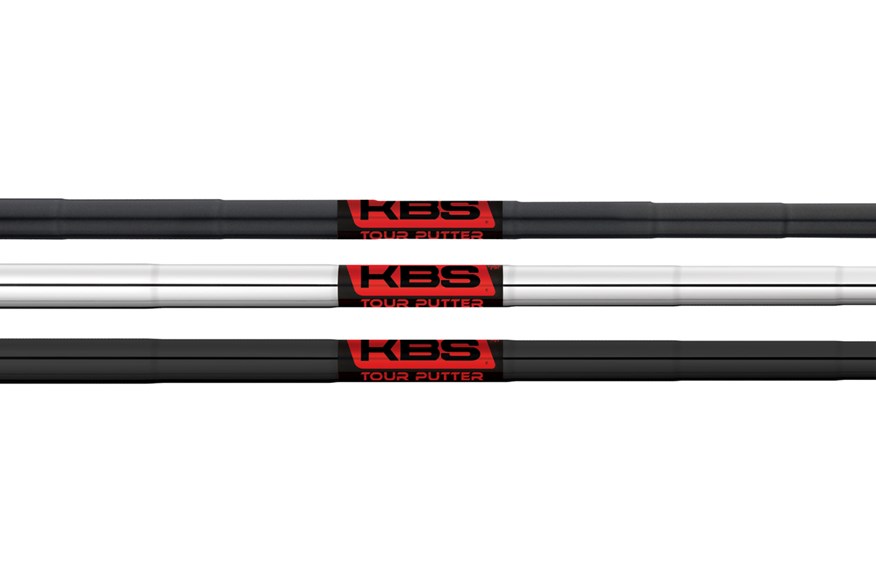
Like the CT-Tour the Tour has been a stock shaft for TaylorMade putters, KBS also regularly make it for Evnroll, Bettinardi and Axis 1 putters too. Golfers should expect a stiff stable structure, with good energy transfer but ultimately a more smooth and responsive feel.
A great option if the goal of your next putter fitting is ultimate feel rather than upping stability performance to help with consistency.
Tom Kalinowski – KBS R&D Tour Rep on putter shafts
How can stepped and stepless putter shafts feel different?
We control feel by increasing and reducing the outside diameters of each shaft, plus how much they weigh. The C-Taper iron shaft is firm, lower launching and lower spinning, which we control from the outside diameters and wall thickness.
Very few people used to take putter head weight into consideration when choosing a putter shaft, but we’re now creating the perfect complement to any head weight with our family of various shafts. You’d be amazed at how different a 130g CT-Tour putter shaft feels compared to a 105g version of the same shaft.
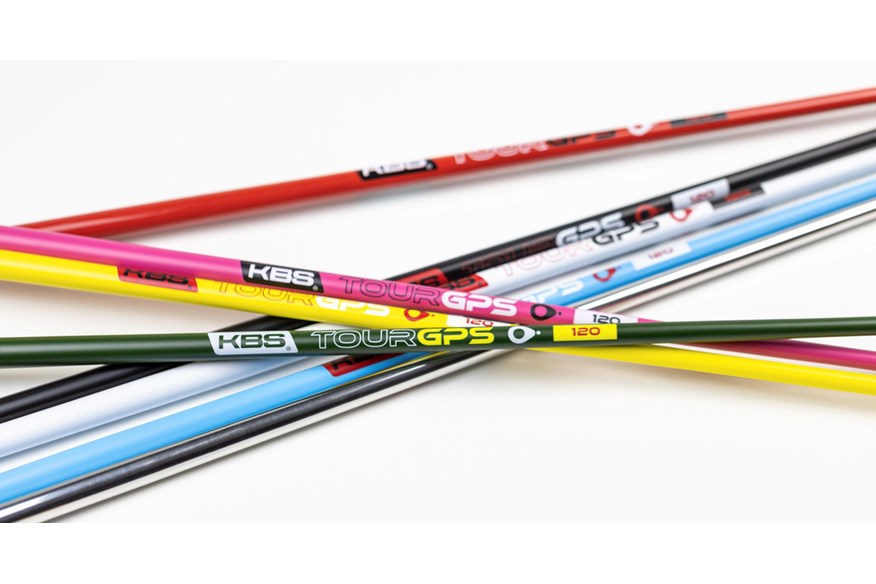
How much has changed in putter shaft design over the last decade?
All KBS shafts are designed from the butt end to the tip to transfer energy efficiently and give a great feel. It’s why KBS are well known for producing great feeling shafts. We started out with the Tour putter shaft 10+ years ago, it was a simple version of the original iron shaft, but over time putter head weights have increased.
And if there’s more weight on the end, the shaft needs to be more stable to generate a similar feel and stability performance. We’ve learned over time and adapted our putter shafts to suit the 350g+ head weight putters that golfers are now much more regularly using. We’re jumping into the weight space which has previously been ignored.
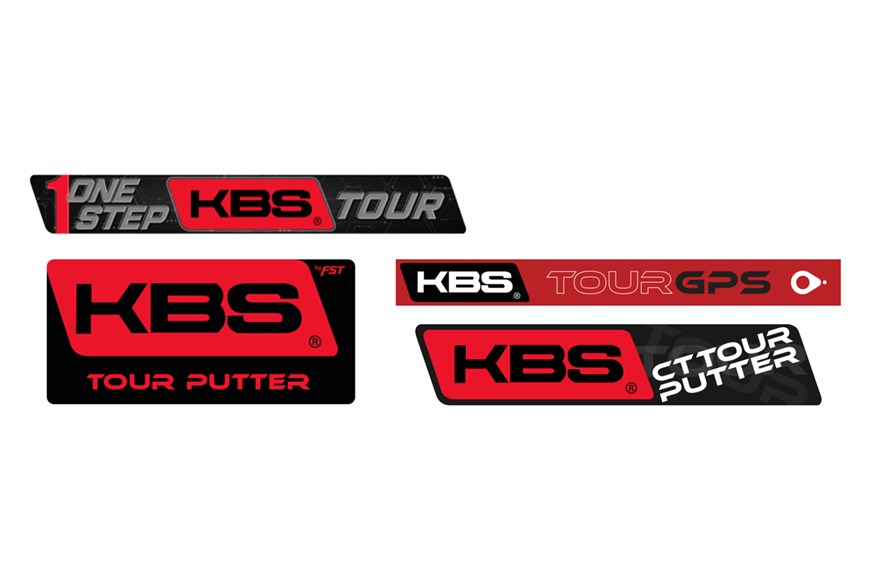
When steel KBS putter shafts have been so popular with some of the very best players in the world how do you go about introducing them to a new concept like the graphite GPS?
We’ve seen massive success on tour with the CT-Tour putter shaft over the last five years, so we designed the new GPS in the context of weight around it. The secret was to create feel and stability in a 120g graphite shaft that felt amazing.
I liken it to our TGI (Tour Graphite Iron shaft) and PGI (Players’ Graphite Iron shaft) graphite iron shafts. Where the TGI feels quick and shots fly off the face fast (that’s our successful CT-Tour putter shaft), the PGI has more of a melting feel through impact, so golfers can feel shots compress off the face, like the GPS putter shaft.
It’s early days but more and more tour players are trying the GPS as they look to experiment and find form. Tommy Fleetwood already has one that he’s testing right now.
READ NEXT
– Which KBS iron shaft best suits your game?
BECOME A TODAY’S GOLFER MEMBER: Unlimited access to premium content and exclusive rewards!
-
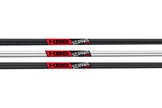 The three different finishes of the KBS CT-Tour putter shaft
The three different finishes of the KBS CT-Tour putter shaft
-
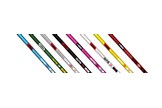 The eight different colours of KBS GPS Putter shafts
The eight different colours of KBS GPS Putter shafts
-
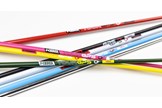 The different colour options of the KBS GPS Putter shaft
The different colour options of the KBS GPS Putter shaft
-
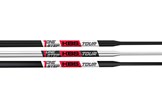 The three different finishes of the KBS One-Step putter shaft
The three different finishes of the KBS One-Step putter shaft
-
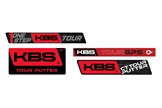 Shaft band graphics for the KBS GPS, CT-Tour, One-step and Tour putter shafts
Shaft band graphics for the KBS GPS, CT-Tour, One-step and Tour putter shafts
-
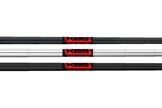 The three different finishes of the KBS Tour putter shaft
The three different finishes of the KBS Tour putter shaft
-
 Rory McIlroy and Dustin Johnson using KBS putter shafts
Rory McIlroy and Dustin Johnson using KBS putter shafts